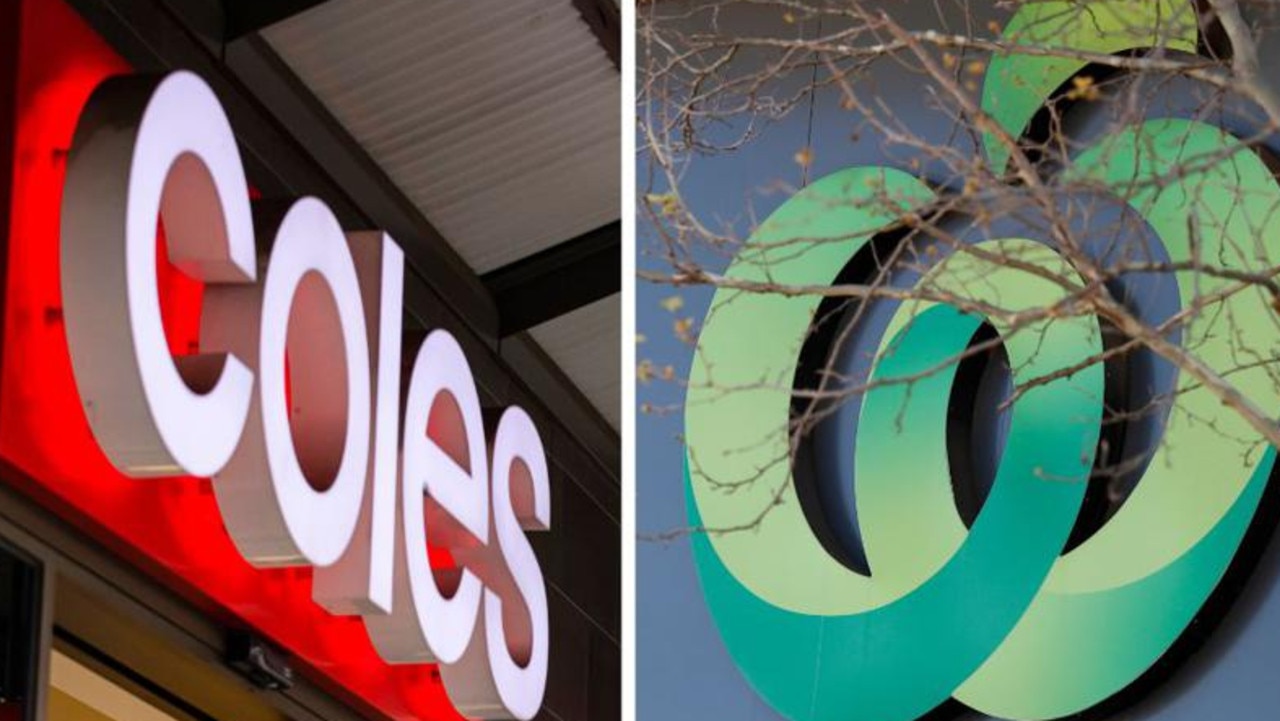So what’s a small business, really?
AS MALCOLM Turnbull and Bill Shorten prepare to go head-to-head in the news.com.au debate, Trent Innes has one burning question.

Small Business
Don't miss out on the headlines from Small Business. Followed categories will be added to My News.
OPINION
IF ONE thing has become clear at the beginning of the 2016 Federal Election campaign, it’s that small business is a key battleground for all sides of politics.
Since the Federal Budget was released last month, there has been discussion around how government can help small businesses grow and thrive. The sound bites hitting our television screens tell us it’s about “jobs and growth”, again and again.
There’s just one small problem: we can’t seem to agree on what a small business actually is. We have the image of the cafe on the corner, the tradie down the road and the parts manufacturer in the garage.
But when it comes to actually discussing policy — the most important bit, after all — there’s little agreement over how to define who gets the benefits. Budget week saw arguments over cut-offs — while one side wanted to include all businesses under $10 million turnover (some 870,000 businesses), another wanted to reduce that threshold to $2 million (cutting some 60,000 business from tax cuts and other policies).
How can we make good business policy, if we can’t even agree on who we’re giving it to?
Aussie small businesses come in a bunch of different shapes and sizes. The hundreds of thousands of small businesses we deal with, day in and day out, for example, range from the sole trading painter, through to the high-growth start-up turning over more than $10 million each year and yet still retaining the “small business” moniker when it comes to employee size.
But it is clear, from the businesses we talk to on a regular basis, that the promised 2.5 per cent tax cut for small businesses isn’t a major boost to productivity. In fact, based on the information to hand, we estimate that the average business (counting both profitable and unprofitable businesses) would get approximately $490 back in their pockets at tax time.
Modelling from the Council of Small Business of Australia similarly found that of the 870,000 businesses eligible for a tax cut, just 40,000 would actually be able to use the resulting profits to grow their business.
That’s not to say that tax cuts aren’t worthwhile — every bit helps. However, while we applaud the focus on small business in recent years, perhaps there’s more we can do to support this amazing segment of the Australian economy.
Based on our interactions with small businesses on a daily basis, we’ve put together some thoughts on policies that could truly benefit small businesses in the 2016 election.
REDUCE FRICTION BETWEEN GOVERNMENT AND SMALL BUSINESS
Despite the allure and easy sound bites that accompany tax cuts, a small business must ultimately make a profit (and a decent one at that) in order to benefit from this sort of incentive. And as shown above, the tax cut is unlikely to yield the “jobs and growth” that are so often talked about.
Meanwhile, Australia continues to have a highly rigorous but complex and often burdensome tax system that requires businesses and their advisers to spend hours to ensure they’re compliant with all the rules. Instead of promising tax cuts, businesses would be better off if the government made compliance easier.
This can be done through lighter regulation or technology that removes paper load and moves government systems online. While some of this is being done by government departments already, a true commitment to modernising government collaboration with small business will surpass a meagre tax cut any day.
ENCOURAGE TECHNOLOGY INVESTMENT FOR SMALL BUSINESS
Another major small business incentive focused on immediate asset deductions, allowing businesses to purchase coffee machines, cars and other hardware.
But, like the tax cut, the incentive is only useful if the business has the cash in the first place — for those who don’t have $20,000 spare to spend on hardware, it isn’t so useful.
These sorts of incentives are also focused on an old-fashioned approach to business. Start-ups and many technology-enabled small businesses are less likely to need a forklift or coffee machine (though a ping pong table may qualify) — instead, much of their capital is spent on the software underpinning their businesses. It’s here where it would be highly beneficial to see policies that recognise the modern nature of businesses, rather than hardware.
HELP BUSINESSES SUSTAIN MOMENTUM AND GROWTH
“Jobs and growth” are all well and good when a small business is thriving. But with fewer than half of businesses with less than $2 million turnover surviving their first five years, those owners would rather hear “survive and thrive”.
Not all businesses do or even should survive, but when that survival is a matter of being squeezed out of your industry by unfair market forces, or matters outside of the owner’s control, there is potential room for the government to intervene.
With that in mind, having policies that help businesses survive their formative years, and giving them the ability to get on their feet would go miles to ensuring the small businesses that make up such a big part of our economy continue to sustain momentum.
INVEST IN EDUCATION
There has already been a lot of discussion around the need for education in science, technology and engineering but it bears repeating — we need to prepare Australia for the next stage of our economy.
With the waning mining boom, we want to ensure our next generation is digitally capable and skilled, and it’s something that we need to see more focus on.
These skills will be vital in all facets of our economy, from multinationals transitioning to digital services, to high-growth start-ups that could become our future global successes. We’ve already proven we’re an innovative nation with successes like Atlassian and Campaign Monitor, but ensuring we have the future skills pool to continue this innovation will be the difference between a booming nation and a floundering one.
EDUCATE SMALL BUSINESSES IN FINANCIAL LITERACY
Education isn’t just about schools. One of the major issues our accounting and bookkeeping partners see on a daily basis is small business owners who don’t have a good grasp of their financial standing. As a result, they can’t make the sound decisions necessary to put their business in the strongest position.
Having an education framework that provides small business owners with the knowledge they need to increase their financial literacy will go a long way to improving business survival rates and increasing their share of Australia’s Gross Domestic Product. And by incentivising them to take these lessons, government can ensure that taxes are better handled and the economy is stronger as a whole.
Trent Innes is managing director of accounting software firm Xero Australia
Originally published as So what’s a small business, really?


